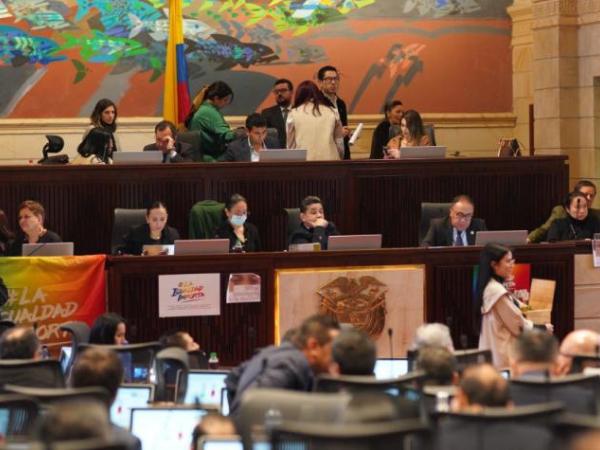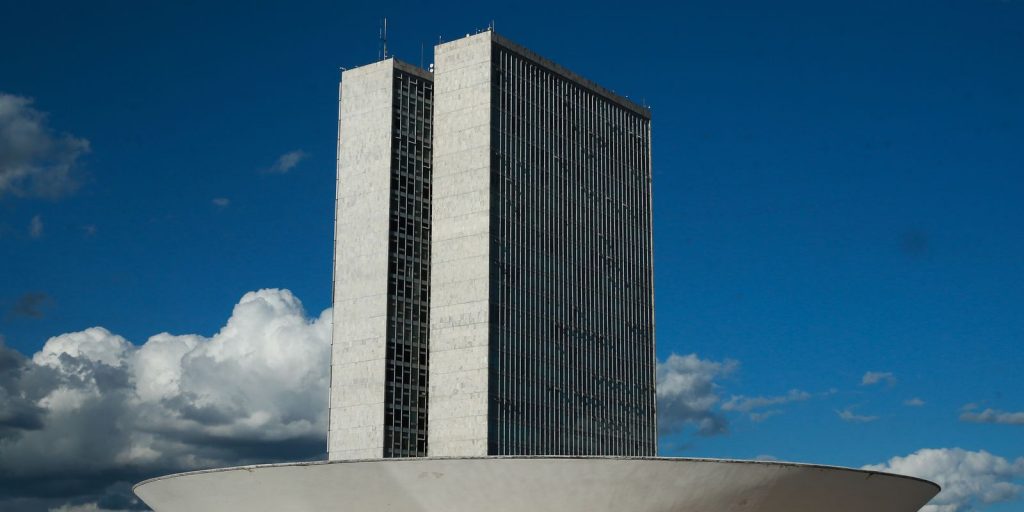The political reform, which is one of the flagship projects of President Gustavo Petro, had its first debates in the Congress of the Republic. The proposal aims “put an end to patronage and electoral corruption”.
(Read: This will be the ultimate front label for ultra-processed foods.)
This Wednesday December 14 ended the fourth of eight debates in the House of Representatives.
One of the articles that have been approved is the so-called revolving door, which allows congressmen to resign to be ministers. Without a doubt, this is one of the most controversial points of the project. Congress is still divided on this point. even after a proposition seeking removal fell through.
On Tuesday, the article that eliminates the powers of the Attorney General’s Office to “affect” the political rights of those elected by popular vote. If this point is still alive in the following debates, there will only be sanctions by judges.
They also approved one of the keys to the project: closed lists, which They will be equal and alternate. Along with this, the possibility of changing parties without sanction, which is known as turncoat. On the other hand, the financing of the campaigns will be 100 percent state.
(Also: ‘Shameful’: Minagricultura talks about food insecurity in the country).
Among the blows that the Government received is the elimination of the limitation of periods in collegiate bodies. It was intended that you could only be maximum for three periods consecutive in Congress, assemblies and councils.
It would not be the first time that the Petro government loses. Recently, the Senate knocked down the Public Order bill, the articles that empowered the President of the Republic to Appoint young people detained in protests as peace managers.
The following is a reconciliation between what has been approved by the Chamber and the Senate so that the text is ready for their next debates in the first semester of 2023.
BRIEFCASE
















